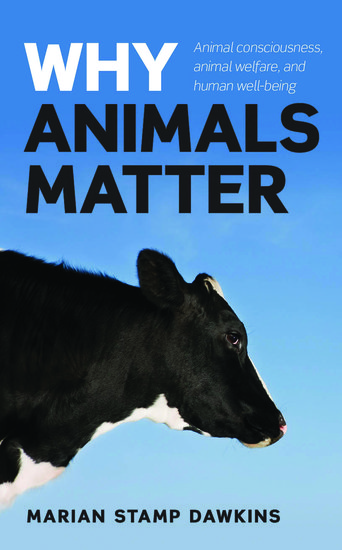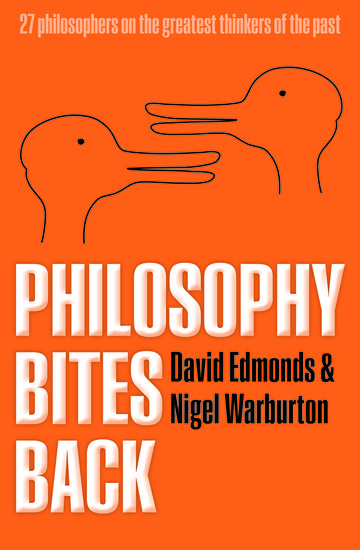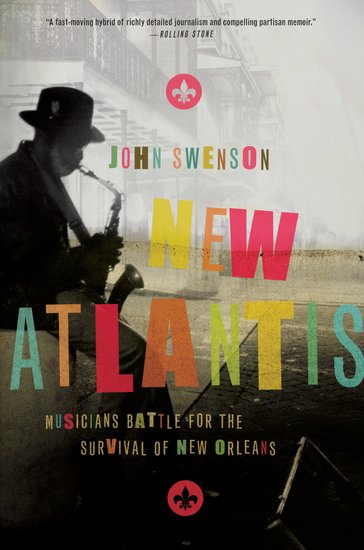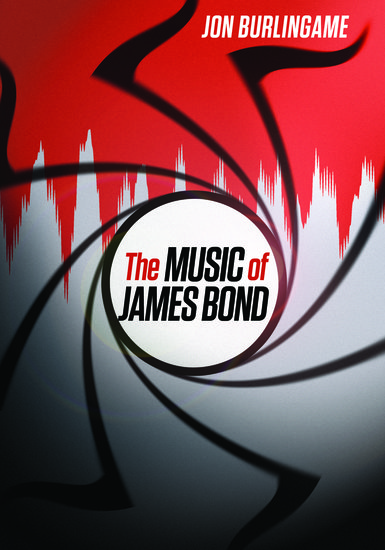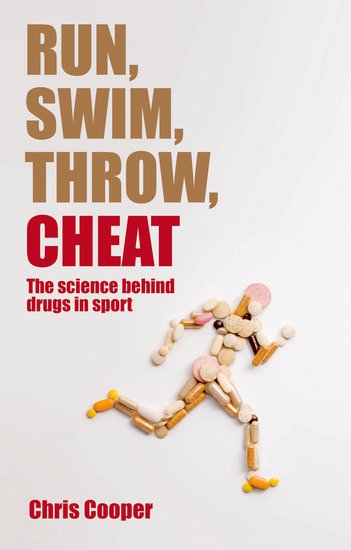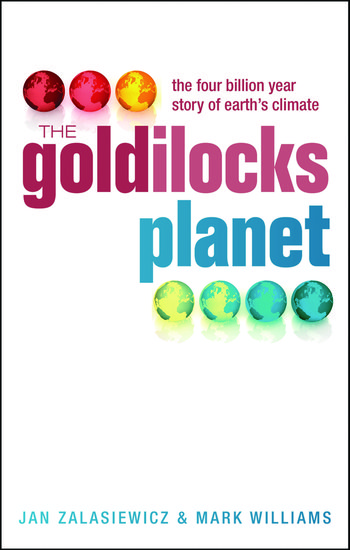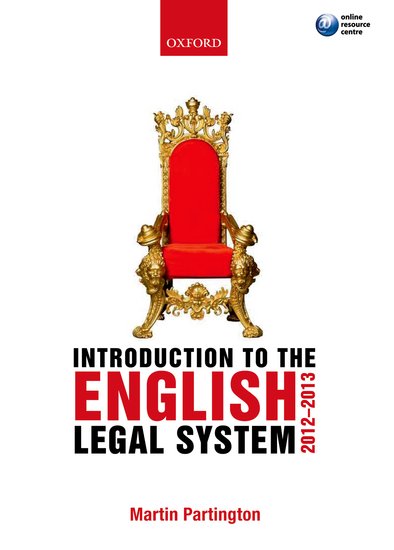Marian Stamp Dawkins on why animals matter
There is an urgent argument for the need to rethink animal welfare, untinged by anthropomorphism and claims of animal consciousness, which lack firm empirical evidence and are often freighted with controversy and high emotions. With growing concern over such issues as climate change and food shortages, how we treat those animals on which we depend for survival needs to be put squarely on the public agenda. Marian Stamp Dawkins seeks to do this by offering a more complete understanding of how animals help us.

